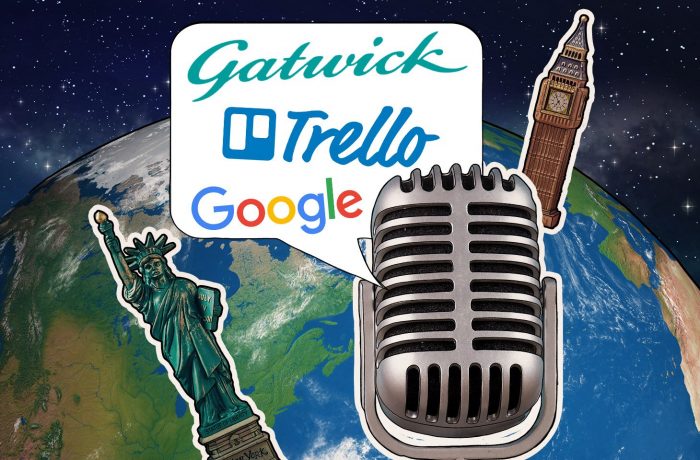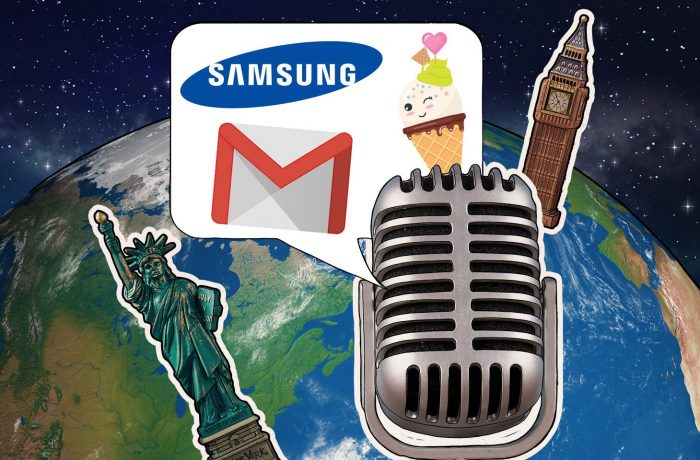
Man-in-the-Disk: A new and dangerous way to hack Android
How a seemingly harmless Android application can infect your smartphone using shared external storage.
126 articles

How a seemingly harmless Android application can infect your smartphone using shared external storage.

This week’s episode of the Kaspersky Podcast looks at Google tracking (and possible lawsuits as a result), Gatwick screen fails and Trello board fails.

The 50th edition of the Kaspersky Lab podcast looks into the latest in Google tracking, spam, and hacking ATMs and police body cameras.

In this edition of the podcast, Jeff and Dave discuss a McDonald’s Monopoly whopper, banning miners, hacking by inmates, and more.

In this edition, Jeff and Dave discuss third parties reading your Gmail, Samsung’s SMS app leaking photos, NYC pranksters, and more.

Advertising in voice assistants is coming soon. We examine how it will use personal data and what you can do about it.

Jeff and Dave discuss a fake Fortnite app, China visiting the dark side of the moon, Facebook breakup, Teensafe, and more.

We explain what digital certificates are, what types exist, and what problems are associated with them.

Chrome learns to block ads by itself. What has Google come up with, and how will it help users?

In this week’s edition of Kaspersky Lab’s podcast, Jeff and Dave discuss a vulnerability in Sonic the Hedgehog, a woman who has a habit of sneaking onto flights and more.

Many people assume that an HTTPS connection means that the site is secure. In fact, HTTPS is increasingly being used by malicious sites, especially phishing ones.

In this week’s edition Kaspersky Lab’s podcast, Dave and Jeff look at hackable heating, using Twitter to predict traffic jams and how to stop the spread of fake news.

Google’s new E-Screen Protector prompts users when prying eyes are on their smartphone screen. Is this technology useful?

This week’s Transatlantic Cable podcast dishes on pizza, unsafe kids smartwatches, and more.

Modern technology actually helps phone scammers — what you need to know to stay safe.

More than 70% of active Internet users have considered quitting their social networks. What do they have to lose?


When Google announced Allo, we thought the search giant was finally paying attention to users’ concerns about privacy. Reality turned to be quite different.

We discovered a Pokémon Go Trojan in Google Play. It had already been downloaded 500,000 times.

Powerful chatbots can replace real-life communication — and take over the world.

Facebook launched Aquila, a solar-powered drone which took its inaugural flight last week. Why does the social network need its own drones and how it is connected to the Google Loon project?